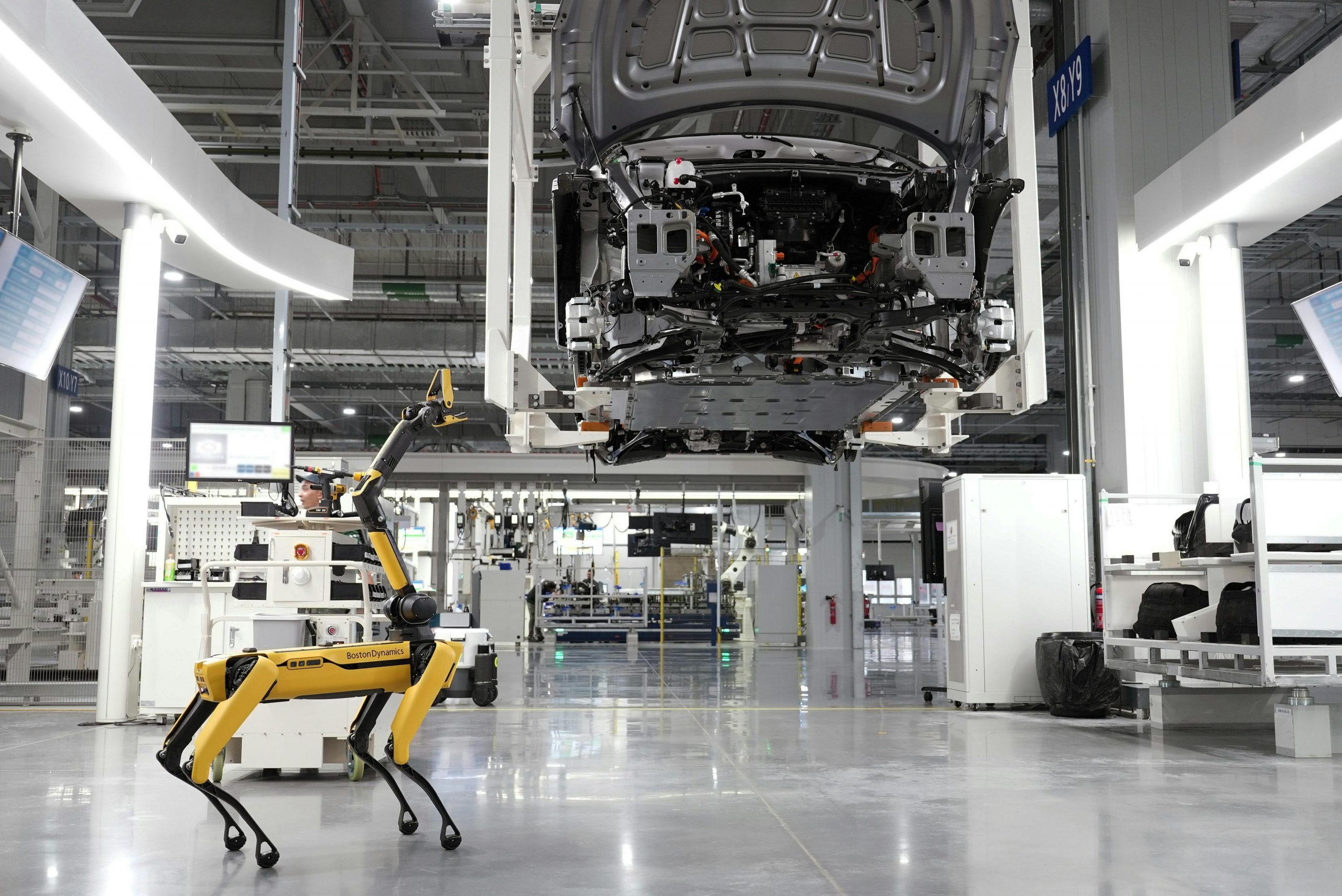Artificial Intelligence (AI) is increasingly becoming a fundamental part of everyday life in the United Kingdom, reshaping how we interact with our environment, work, and access services. From voice-activated assistants to sophisticated algorithms that enhance healthcare, AI is making its mark across various sectors. This article explores how AI is permeating UK households, transforming workplaces, and revolutionizing the healthcare system, ultimately enhancing the lives of residents across the nation.
The Growing Presence of AI in UK Households Today
The integration of AI technologies into UK households is becoming more prevalent, with smart devices and virtual assistants rapidly gaining popularity. Products such as Amazon Echo and Google Home have revolutionized how families manage their daily tasks. From setting reminders to controlling smart home devices, these AI-driven assistants are designed to simplify life by providing hands-free convenience. Their ability to learn user preferences over time further enhances their utility, making them indispensable household members.
AI is also making strides in home security, with systems that utilize facial recognition and machine learning to identify potential threats. Smart cameras and alarm systems can send real-time alerts to homeowners, ensuring that they remain informed and secure. As the demand for enhanced security grows, these AI solutions are being adopted by more families, contributing to a safer living environment.
Moreover, AI is influencing everyday decision-making through personalized recommendations in various domains, such as shopping and entertainment. Streaming services like Netflix and Spotify utilize sophisticated algorithms to analyze user behavior and suggest content tailored to individual tastes. This personalization not only improves user satisfaction but also drives engagement, making the digital landscape more intuitive and user-friendly for UK residents.
Finally, the growth of AI in households raises important discussions about privacy and data security. As more devices become interconnected, concerns regarding the handling of personal data are paramount. The UK government and regulatory bodies are actively addressing these issues, ensuring that residents can enjoy the benefits of AI technologies while safeguarding their privacy. This balance is crucial for fostering trust in AI systems within the home.
Transforming Workplaces: AI’s Impact on UK Employment
AI’s influence extends beyond the home, as it is also transforming workplaces across the UK. Automation and machine learning technologies are streamlining processes in various industries, leading to increased efficiency and productivity. For example, AI-powered tools can analyze large datasets much faster than human analysts, allowing businesses to make informed decisions based on real-time insights. This capability is not only enhancing operational efficiency but also enabling companies to adapt swiftly to market changes.
However, the rise of AI in the workplace has raised concerns about job displacement. Many fear that automation could render certain roles obsolete, particularly in sectors with repetitive tasks, such as manufacturing and data entry. While it is true that some jobs may be at risk, history shows that technological advancements often lead to the creation of new roles. For instance, the demand for AI specialists, data scientists, and machine learning engineers has surged, indicating a shift in the job market rather than a simple reduction in employment opportunities.
Furthermore, AI is enhancing collaboration within teams. Tools that integrate AI capabilities can facilitate communication, streamline project management, and improve overall workflow. For example, AI can predict project timelines and allocate resources more effectively, allowing teams to focus on strategic tasks rather than administrative ones. This shift not only improves productivity but also fosters a culture of innovation and creativity in the workplace.
Training and upskilling are crucial in adapting to this evolving landscape. Organizations are increasingly investing in AI training programs for their employees to ensure they are equipped with the necessary skills to navigate an AI-driven future. This proactive approach helps mitigate the impact of job displacement while empowering workers to thrive in new roles created by technological advancements.
AI in Healthcare: Revolutionizing Patient Care in the UK
In the realm of healthcare, AI is revolutionizing patient care in the United Kingdom, enhancing diagnosis, treatment, and patient management. AI algorithms can analyze medical data with remarkable speed and accuracy, assisting healthcare professionals in diagnosing conditions at an early stage. For instance, AI-powered imaging tools can detect abnormalities in X-rays and MRI scans, often outperforming human specialists in identifying subtle patterns that may indicate serious health issues.
Moreover, AI is facilitating personalized medicine by analyzing vast amounts of genetic and clinical data to recommend tailored treatment plans. This approach ensures that patients receive individualized care, increasing the likelihood of successful outcomes. As AI continues to evolve, it has the potential to transform how medications are prescribed and how treatments are administered, making healthcare more effective and targeted.
Another significant impact of AI in healthcare is its role in managing patient flow and resources within hospitals. AI systems can predict patient admissions and optimize staffing levels, ensuring that healthcare facilities are adequately prepared to meet demand. This efficiency not only improves patient experiences but also alleviates the strain on healthcare workers, allowing them to focus on providing quality care.
While the benefits of AI in healthcare are substantial, ethical considerations remain at the forefront of discussions. The use of AI technologies raises questions about data privacy, consent, and accountability in medical decision-making. Policymakers and healthcare organizations are tasked with developing frameworks that ensure AI is used responsibly and transparently, fostering trust between patients and healthcare providers. By addressing these issues, the UK can harness the full potential of AI in healthcare while safeguarding patient rights.
The integration of AI into everyday life in the UK is transforming how we live, work, and access essential services. From enhancing household convenience to reshaping the workplace landscape and revolutionizing healthcare, AI is proving to be a powerful tool for improving quality of life. However, as we navigate this new terrain, it is crucial to remain vigilant about ethical considerations and the potential implications of AI technologies. With a balanced approach, the UK can continue to embrace AI innovations while ensuring that they serve the best interests of its residents.
